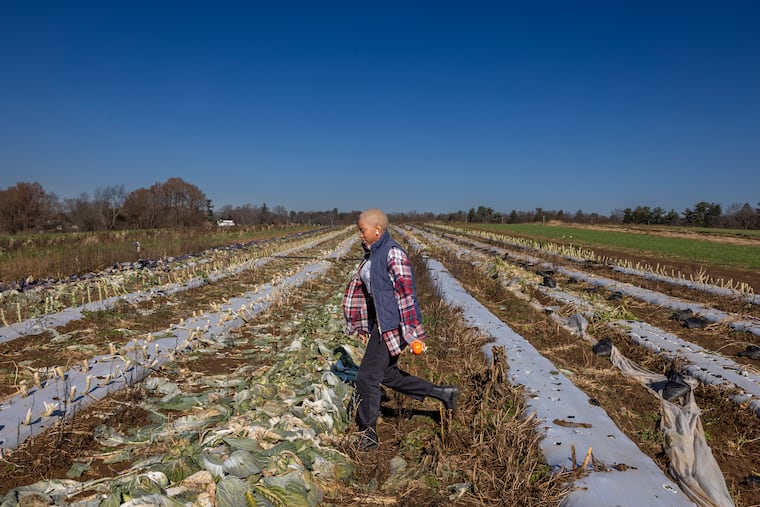American distillers face financial challenges due to Canada’s reduced cooperation amid escalating global trade tensions.
American distillers are experiencing a significant downturn in exports to Canada, which have reportedly declined by 85% in 2025, as highlighted by the Distilled Spirits Council of the United States. This sharp decline marks a broader trend affecting American spirit producers, who are facing challenges in key international markets amidst ongoing global trade tensions.
Despite recent improvements in trade relations, the situation remains precarious for many U.S. distillers. Most Canadian provinces continue to impose restrictions on American spirits, preventing them from reaching store shelves. Although Canada lifted its retaliatory tariffs weeks ago, consumer sentiments tied to trade conflicts could hinder the appetite for U.S. products in the Canadian market and beyond.
In a recent report, the Distilled Spirits Council noted that overall exports of American spirits fell by 9% in the second quarter compared to the same period last year. Notable declines were reported in the European Union, United Kingdom, and Japan. This downturn follows a record-breaking year for U.S. spirits exports in 2024, during which a modest increase of 1% was recorded in the first quarter of 2025.
The significant drop in exports has caused concern within the distilling community, as international consumers appear to be shifting toward domestically produced spirits or imports from other countries. Leading distillers, such as Chris Swonger, CEO of the Distilled Spirits Council, emphasize the urgent need for stable international markets for American spirits, especially amid a supply-and-demand imbalance in the U.S. market.
Trade tensions ignited by former President Donald Trump’s tariff policies have particularly targeted American distilled spirits. Canadian retaliation against these tariffs exacerbated the situation, with American whiskey exports to the European Union suffering a 100 million dollar revenue loss from 2018 to 2021. Following the suspension of tariffs, sales to the EU initially rebounded, but subsequent trade conflicts resurfaced, bringing new challenges to the industry.
Despite the recent setbacks, there are pockets of growth, with notable increases in American spirit exports to emerging markets, including Mexico, Brazil, and South Korea. However, these gains are not sufficient to counterbalance the losses from traditional markets.
For small producers, such as Bard Distillery in Kentucky, the repercussions of trade conflicts have been particularly acute. Owners Tom and Kim Bard had ambitious plans to establish a stronger presence in Canada, yet these aspirations were curtailed due to the deteriorating relationship between the two countries. Left with unfilled production positions and diminished revenue, the couple acknowledges the uphill battle they face in reclaiming lost market share.
As the distilling industry navigates these turbulent waters, the push for free-opt trade and potential reductions in tariffs will be paramount if American spirits aim to regain their foothold in both domestic and international markets.







